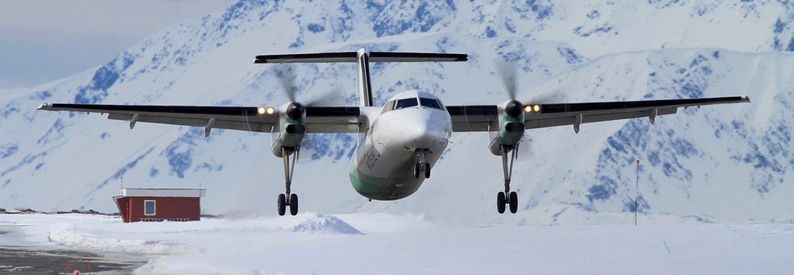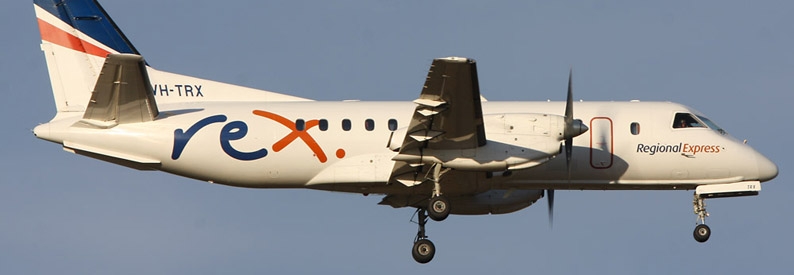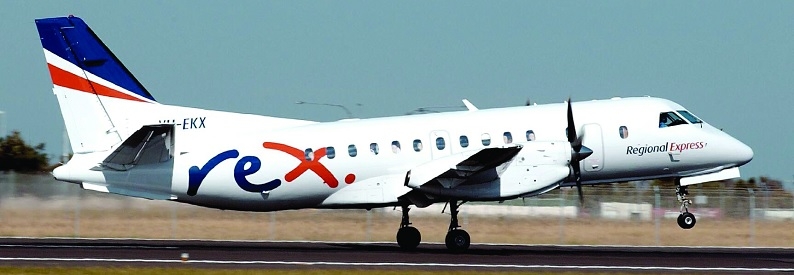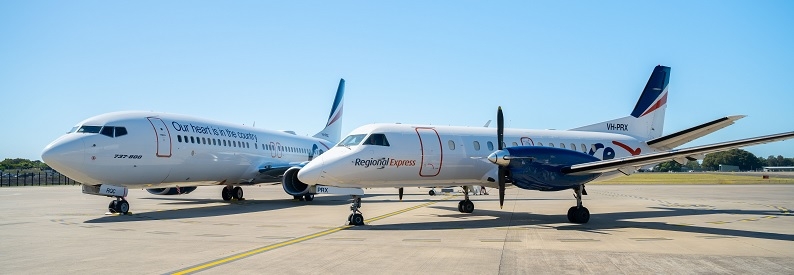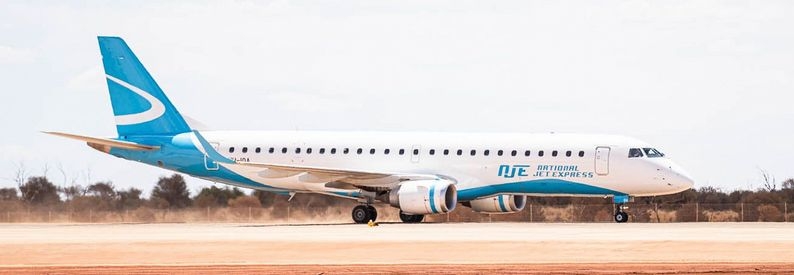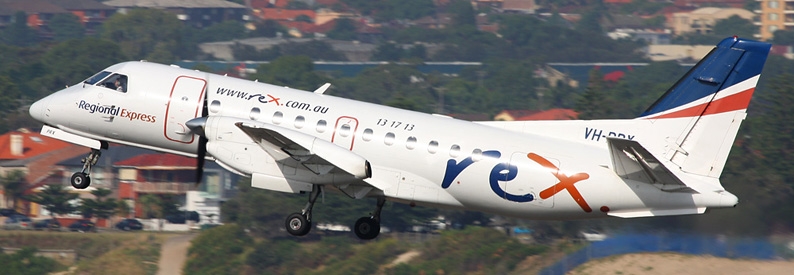National Jet Express (WO, Perth International) will acquire two new generation DHC-8-Q400s after it secured a contract to operate fly-in-fly-out (FIFO) services for BHP Mitsubishi Alliance in Queensland, Australia. A fellow subsidiary of Rex - Regional Express (ZL, Wagga Wagga) parent Regional Express Holdings, National Jet Express will also open a new operational base at Brisbane International to support the expansion.
The two De Havilland Aircraft of Canada turboprops will arrive in Australia in time to begin servicing the contract on July 1 and will take the number of DHC-8-Q400s National Jet Express operates to ten. CEO and MD of National Jet Express Chris Hine said there is considerable pent-up demand in Queensland for mining and resources air services.
“Many mining operators in Queensland have been reaching out to the Rex Group since its purchase of National Jet Express in October last year," he said. The airline also has a fleet of six E190s, based at Perth International, which Hine says he is open to bringing into Queensland.
The BHP Mitsubishi Alliance is Australia’s largest producer and supplier of seaborne metallurgical coal and is jointly owned by BHP and Mitsubishi Development. It operates seven mines in Queensland's Bowne Basin and owns the Hay Point Coal Terminal near Mackay, approximately 1,000 kilometres north of Brisbane.
Purchasing National Jet Express in 2022 gave Rex - Regional Express an instant slice of the closed contract FIFO market previously dominated by Qantas, Alliance Airlines, and Virgin Australia Regional. Queensland is an Alliance Airlines stronghold, with that airline operating FIFO services to 15 airports in the state. Last year, Rex - Regional Express said it was keen to make inroads in the FIFO market in Queensland.
Earlier this month, speaking to ch-aviation, Rex - Regional Express Deputy Chairman John Sharp said negotiations were underway to secure several new National Jet Express charter contracts. He said the problem wasn't securing the contracts, rather securing the aircraft to service the contracts. Referring to the DHC-8-Q400s, Sharp said industrial action in Canada was impacting the ability to get permits to fly aircraft out of the country. Sharp also said striking engineers at the Canadian aircraft manufacturing plants meant the work he needed to get done on planes before he could fly them out to Australia, wasn't able to get done in a timely manner.
"We've had industrial action in Canada on two fronts, both of which have affected the delivery of aircraft, and additional aircraft," he said. "When we get additional aircraft in place, we can operate more services."
